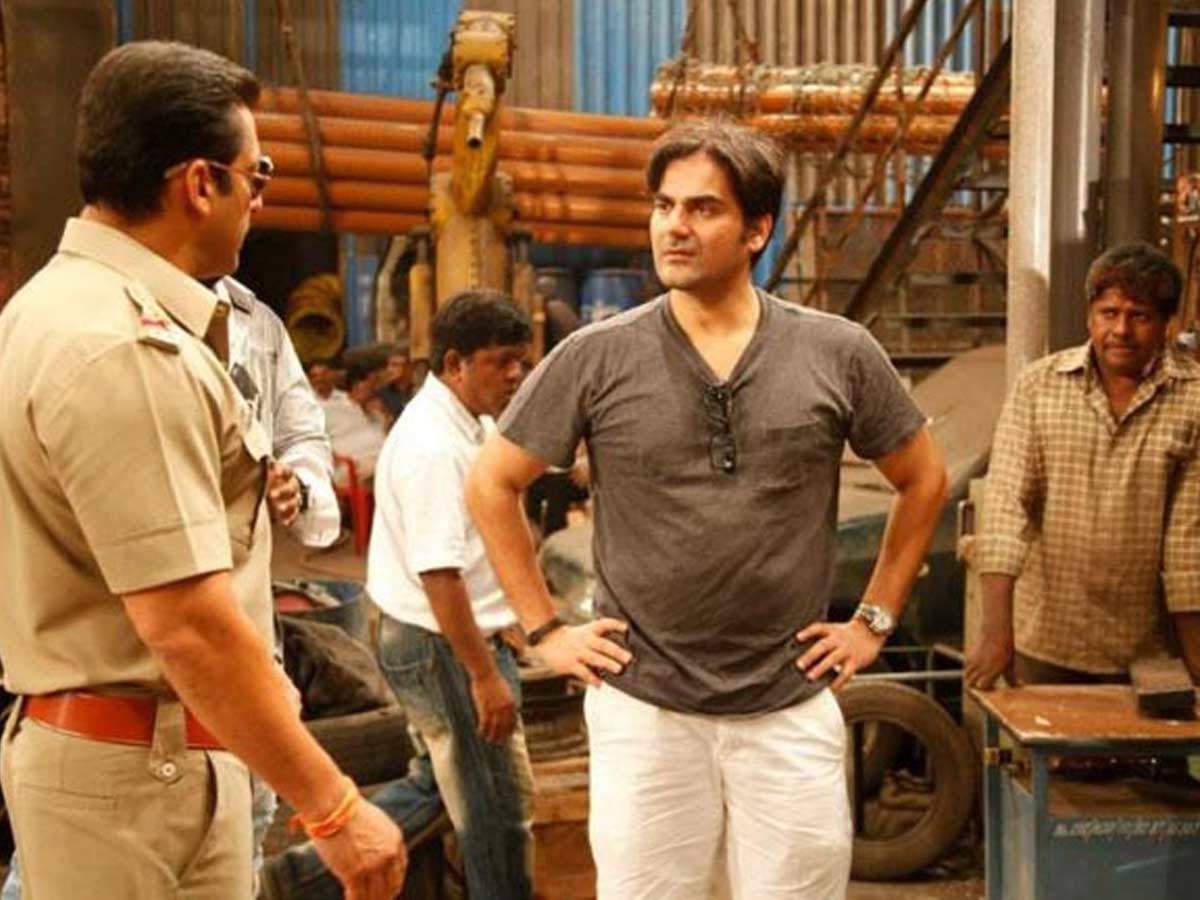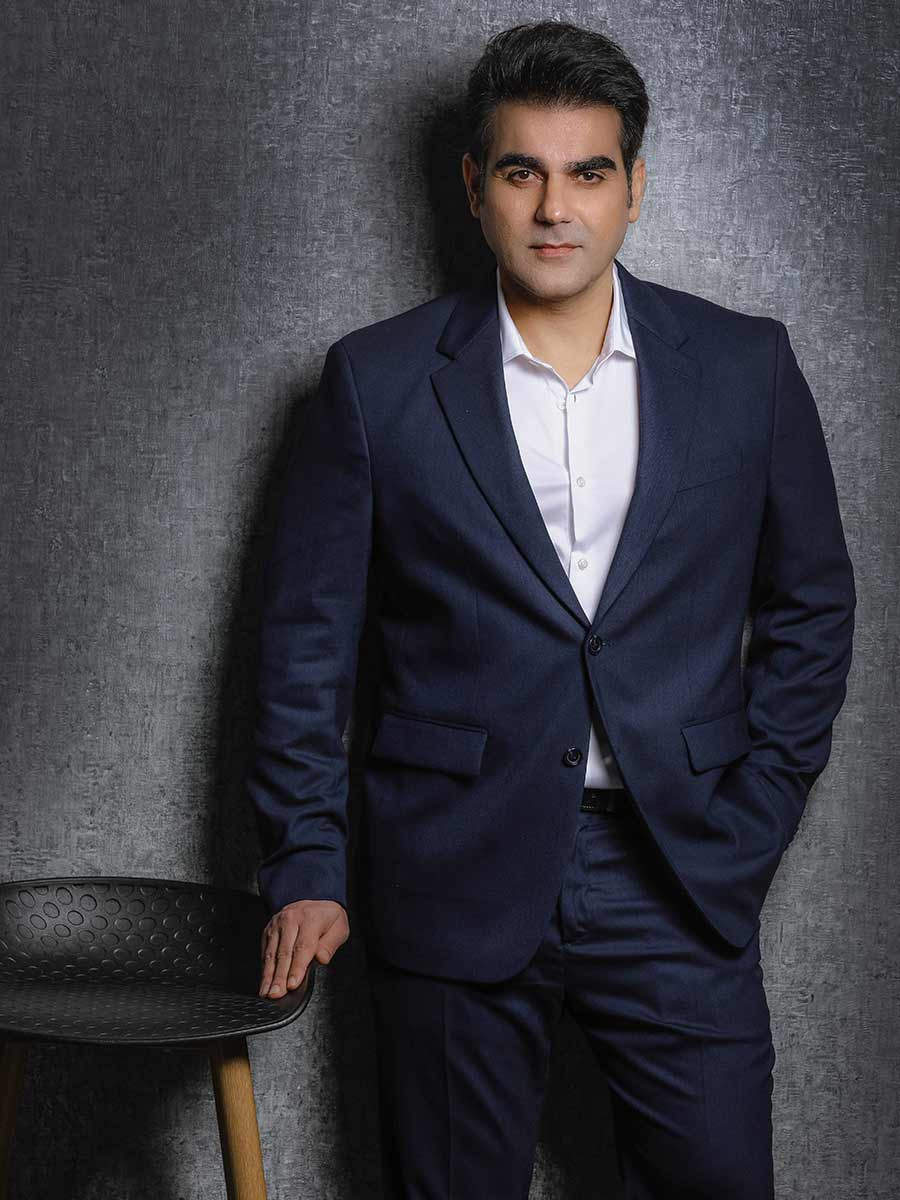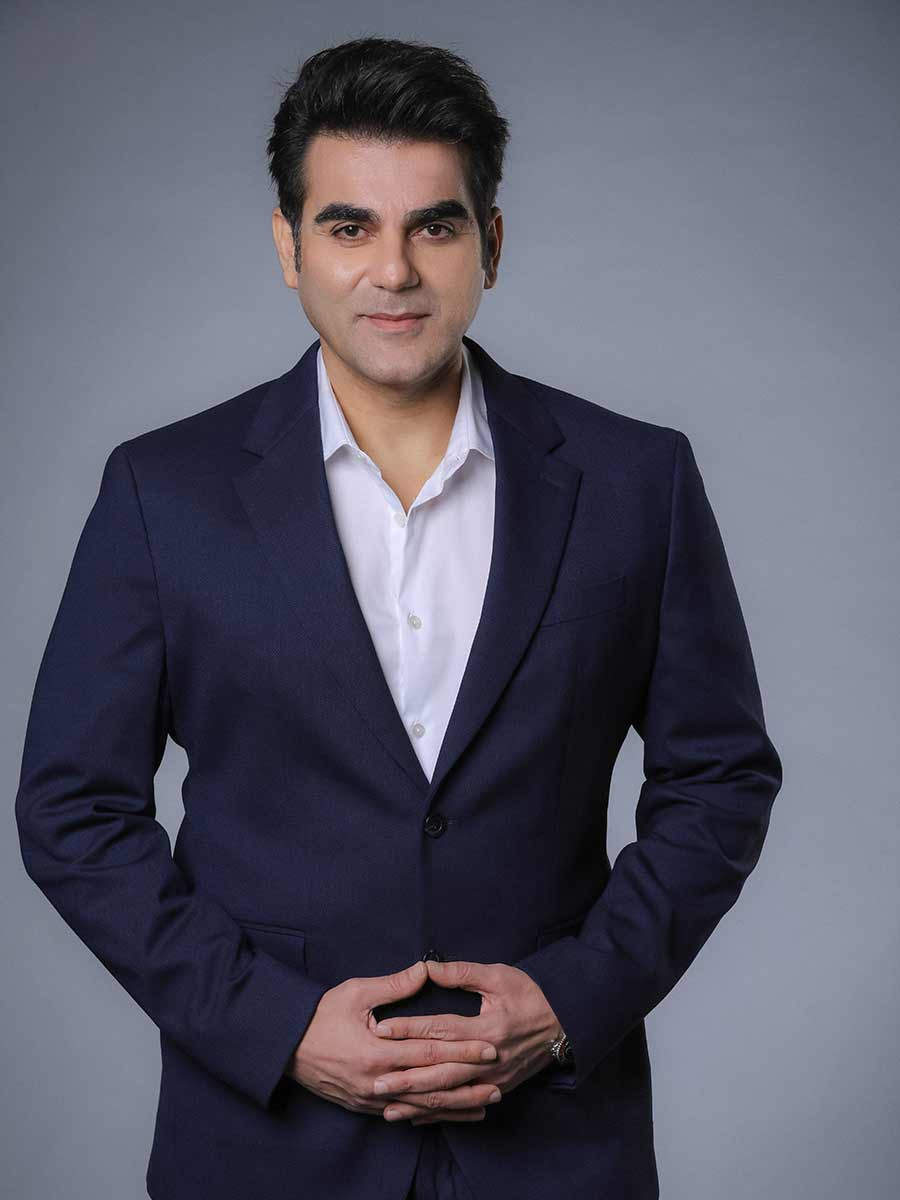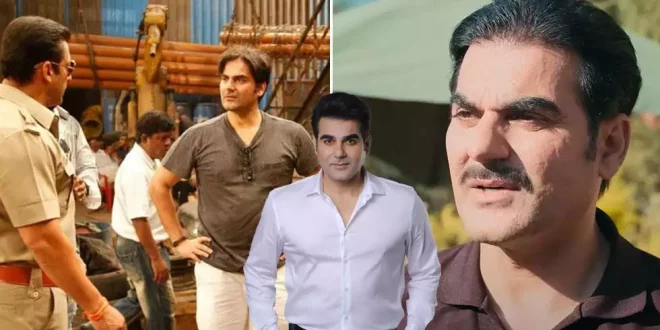What sparked your interest in producing Patna Shukla?
Since I’ve transitioned into producing, I’ve become more discerning about the projects I undertake. As an actor, I often have to choose from the roles offered to me due to time constraints. However, when I produce a film, I have full control over the story and its message. It becomes a personal endeavour, and I’m selective about the projects I want to invest in. Producing a film involves a significant commitment of time, resources, and creative energy. Unlike acting, where I may have to juggle multiple projects simultaneously, producing allows me to focus my attention on one story at a time. This heightened level of involvement has made me more mindful of the type of films I choose to produce. As a producer, I feel a sense of responsibility to bring meaningful stories to the audience. Patna Shukla offered a unique opportunity to do just that. It’s a story that resonated with me on a personal level, and I knew it had the potential to connect with viewers from all walks of life.
Was it tempting to cast yourself in Patna Shukla?
Initially, I considered playing Raveena Tandon’s husband in the film. However, I prioritised finding the best fit for the role and ultimately cast Manav Kaul. It was essential to ensure the film’s focus remained on the story and characters. As a producer, my primary goal is to bring the vision of the film to life and create an immersive experience for the audience. While I enjoy acting, I knew that casting the right actor for each role was crucial to the film’s success. Manav Kaul was my first choice for the role of Raveena’s husband, and I’m grateful that he agreed to come on board. His nuanced performance added depth and authenticity to the character, elevating the overall quality of the film.
What was it like working with Raveena Tandon?
Raveena was a natural choice for the role, given her experience and popularity. I wanted to cast someone who would look like the mother of an 8-9-year-old. Raveena was the first name which came to my mind. When casting for a film, I always look for actors who can bring authenticity and depth to their characters. Raveena’s portrayal of the protagonist in Patna Shukla was nothing short of exceptional, and her chemistry with the rest of the cast added an extra layer of realism to the film. Working with Raveena was a pleasure, and her dedication to her craft was evident in every scene. It’s an added bonus that she’s not only a good actress, she’s also a bankable star, already popular with the masses. So it was a win-win situation for us.

What excites you as a filmmaker and Bollywood enthusiast?
I’m drawn to compelling dramas that entertain while also delivering a meaningful message. For me, the key is finding stories that naturally captivate audiences without relying solely on superficial elements like song and dance. If the subject matter, characters, and narrative are engaging, it will inherently be entertaining.
After delivering hits as a filmmaker, do you think you have a fair idea of what audiences like?
Emotions transcend language barriers, and audiences across regions respond similarly to stories that esonate with them. However, I believe it’s essential for filmmakers to personally connect with the material they roduce. If you genuinely enjoy him the perfect fit for the role of the rugged cop with a heart of gold. The success of Dabangg can also be attributed to several factors, including its compelling storyline, memorable characters, and high-octane action sequences. However, I believe the key to its success lies in its ability to strike a chord with the audience on a visceral level. At its core, Dabangg is a quintessential Bollywood masala film that combines elements of drama, comedy, and action. a project, chances are the audience will too. Throughout my career, I’ve had the privilege of working on a diverse range of films, each with its own unique appeal. There’s no one-size-fits-all formula for success in filmmaking. What works for one audience may not necessarily work for another. That’s why I believe in following my instincts and staying true to the stories that speak to me personally. Filmmaking is a collaborative art form, and it’s essential to stay open to feedback and constructive criticism. By listening to the audience and understanding their preferences, filmmakers can continue to evolve and create content that resonates with viewers.

Why do you think Dabangg was such a big success?
Dabangg presented a unique opportunity for me both as an actor and a producer. When the script was pitched to me, I saw potential in the character of Chulbul Pandey and believed Salman Khan would excel in the role. Though let me tell you, initially the director and the writers had Randeep Hooda or Irrfan Khan in mind to play Chulbul Pandey. We reworked the film to fit Salman’s image which ultimately contributed to its success. Salman Khan’s charismatic performance as Chulbul Pandey played a significant role in Dabangg’s success. His larger-than-life persona and effortless charm resonated with audiences, making As a producer, I was thrilled that Dabangg set the bar high for Bollywood action films and paved the way for future instalments.
Do you think the success of films like Farrey and 12th Fail would help make the audience do a rethink about education?
We’re still a very young country. Education still plays a big role in our lives as it’s counted as a springboard to success. Films centred around education resonate well with Indian audiences, given the importance of education in our culture. When coupled with a compelling narrative, these stories have the potential to connect with a wide audience, particularly the youth. Farrey and 12th Fail are prime examples of films that tackle relevant social issues while also entertaining audiences. By shining a light on the challenges faced by students and educators alike, these films provide valuable insights into the education system and its impact on society.
Do you still seek advice from your father, Salim khan?
While I respect my father’s expertise, I strive to make independent decisions in both my personal and professional life. It’s essential to strike a balance between seeking guidance and asserting one’s autonomy. My father has been a guiding force in my life, and I value his advice immensely. But he raised us to be independent. He always said that I’m not going to be there forever for everyone. So make mistakes and learn from them. This is the best way to learn anything. That’s something I’ve shared with my son as well. He knows I’ll always have his back but I want him to learn from his own experiences and become his own person in the process.

Do you discuss movies at the dinner table?
Movie discussions are not a predominant topic during family gatherings. We focus on various other aspects of life, including current events, travel, and personal anecdotes. However, movie-related conversations do occur when relevant. We enjoy discussing a wide range of other topics, from politics to sports to literature. Our dinner table conversations are diverse and dynamic, reflecting the multifaceted nature of our family.
How easy or difficult was it to make the conscious choice to step down from acting?
Transitioning away from acting was a natural progression for me after two decades in the industry. I felt I wasn’t achieving the level of success I desired as an actor and found greater fulfilment in producing films. It’s essential to adapt and pursue avenues where one’s talents can flourish. As an actor, I enjoyed many memorable roles and experiences in front of the camera. However, I reached a point in my career where I felt compelled to explore new opportunities and challenge myself creatively. Stepping down from acting wasn’t an easy decision, but it was one that I made with careful consideration and introspection. While I may no longer be in the spotlight as an actor, I’m grateful for the opportunities I had and the lessons I learned along the way. As I continue to pursue my career in filmmaking, I look forward to exploring new horizons and telling stories that resonate with audiences.
#celeb #celebrity
